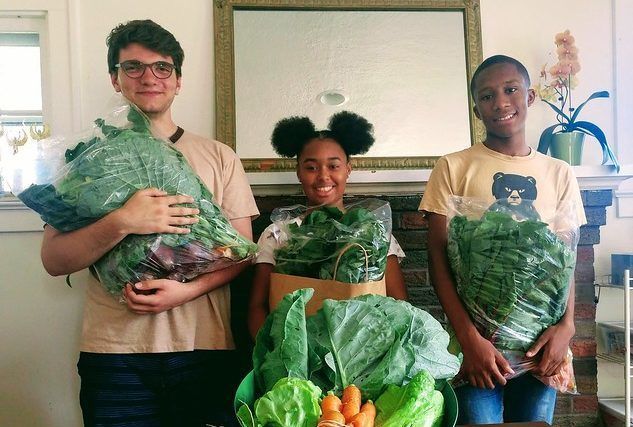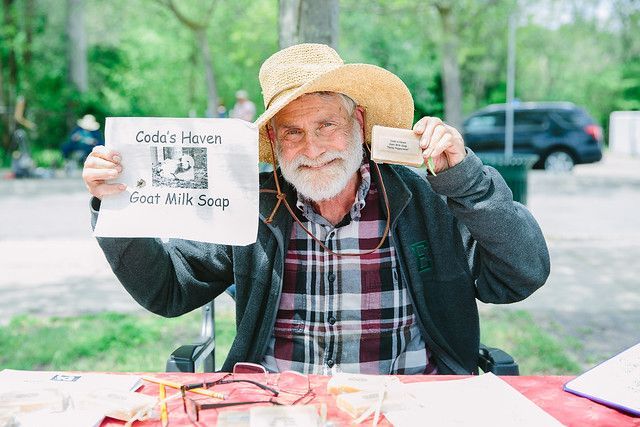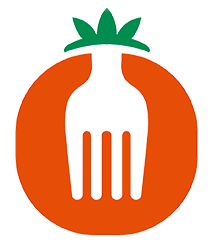Article
Kevin Spangler’s Quarter Cow Solution: Leveraging SNAP for Health, Equity, and Local Food
Kevin Spangler, who runs Boober Tours pedi-cap service in Ann Arbor, has had a long journey with his own health and relationship with food. He now has a successful business and relies on food as his medicine, but there was a time when he was out of work, on disability, and not eating well. He then received SNAP (Supplementary Nutrition Assistance Program) and DUFB (Double Up Food Bucks) benefits for three months, and this allowed him to turn both his health and his life around. He now views himself as a completely different person, and works to help his pedi-cab drivers also navigate healthier choices and, for those on SNAP, to make their benefits stretch the furthest.
When Kevin first started receiving SNAP and DUFB, he wasn’t eating particularly healthily. But then he started shopping at the grocery store instead of party stores, and then began only shopping the perimeter of the grocery store where the fresh, less-processed foods are. He worked for a time at Silvio’s Organic Pizzeria, where he first learned about the Slow Food Movement–a movement which began in Italy but is now worldwide, and which emphasizes “good, clean, and fair food for all,” especially through local food and traditional cooking.
Kevin was so inspired by what he had learned that in 2016, he wrote an article about the Slow Food Movement for
Groundcover News, a street newspaper that gives a platform to underrepresented voices in Washtenaw County. He then started shopping almost exclusively at the Ann Arbor Farmers Market and following a carnivore diet, eating almost exclusively organic meat (with the occasional organic fruit). Organic meat can be expensive, but Kevin has found innovative ways to make his money stretch the furthest. One way Kevin stretches his money is by buying ground beef and organ meats from Whitney Farmstead, a 100% grass-fed regenerative ranch in Webster Township. These cuts are full of nutrition and just as high-quality as anything else, but less popular than things like steaks, and therefore much cheaper.
Another way Kevin stretches his money is by working together with his pedi-cap drivers, who were also receiving SNAP benefits. Over time, he has had around ten drivers who were temporarily receiving SNAP, and they pooled their money together to buy a quarter cow from Baseline Farm for $1100. When buying a quarter cow, the cow is slaughtered on demand, and the butcher is able to customize the cuts based on the purchaser’s cutting instructions. Buying beef this way is a great way to both support local farmers and to get premium local meat at a substantial per-pound discount.
Buying an entire quarter cow (or a half or a full one!) is much cheaper per pound than buying individual cuts of meat, but it requires a substantial up-front investment. No individual SNAP recipient would be able to pay that much at once, but Kevin was inspired by his experience at a sober living community in Nevada, pooling together SNAP benefits to be able to buy things cheaper in bulk. So Kevin and his drivers, each receiving a different amount of benefits, pooled their money together to buy an entire quarter of a cow and split the meat amongst themselves. A quarter cow is a
lot
of meat–around 100 pounds–and you can get even more meat from it when you’re willing to use all of the cow–things like organ meat and suet–which Kevin and his drivers do.
Kevin says that it can be difficult at first to help people use their benefits in an efficient and healthy way, because of both a lack of desire to eat healthy and a lack of education about how to budget, invest, pay bills, and, in general, use money wisely. While he was receiving SNAP benefits and getting his business up and running, he needed to be extremely frugal. He made sure to max out on his DUFB by using them over the course of the month at the farmers market (there is a per-day cap on how much fresh produce you can have double benefits for), and only ever bought what he knew he would eat that week to eliminate any food waste.
Kevin passes these health and financial values on to his pedi-cap drivers, and over time many of the people he works with have been inspired by how he eats. It took him 20 years to start figuring out his own health, so he knows how difficult it can be and likes being able to use his own experience to help guide his drivers as they start their own health journeys. Kevin is now a successful, health-focused business owner, but it was a long journey to get here. Having access to SNAP and DUFB benefits was essential for getting him up on his feet, and he had the business savvy to be able to stretch those benefits and use them to their fullest potential. He is a great example of the ways in which, through careful budgeting and intentional buying, local, organic food can be accessible to people depending on SNAP and DUFB benefits.
This post is part of a series by Emma Rose Hardy, a PhD Candidate at the University of Michigan and the Rackham Local Food Systems Intern at Growing Hope. The series aims to highlight the essential role that SNAP and other food assistance programs play in the Washtenaw County local food system.
share this
Related Articles
Related Articles
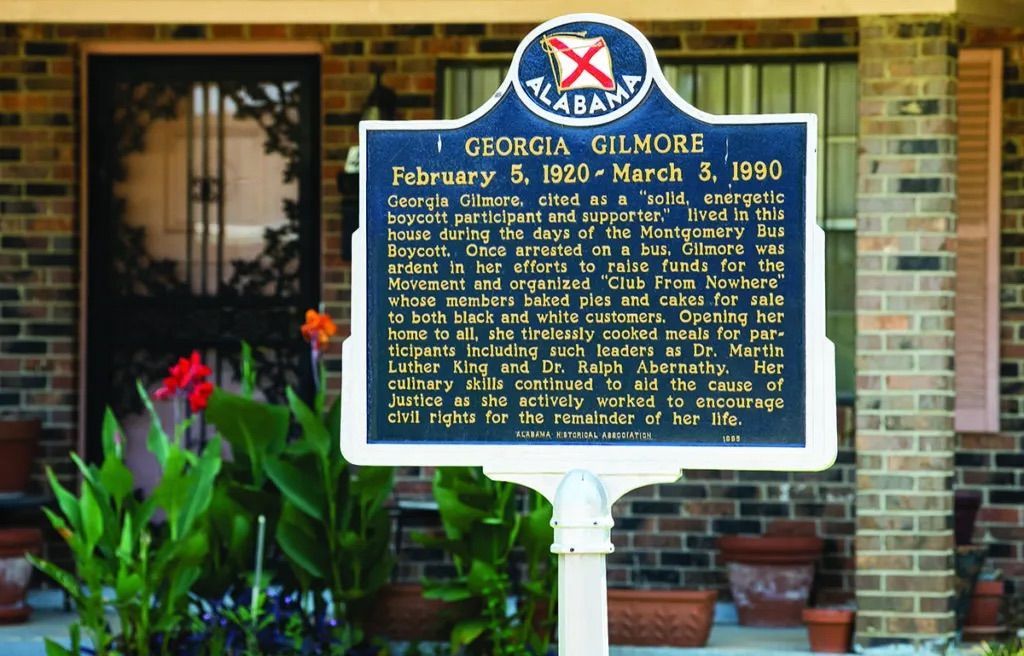

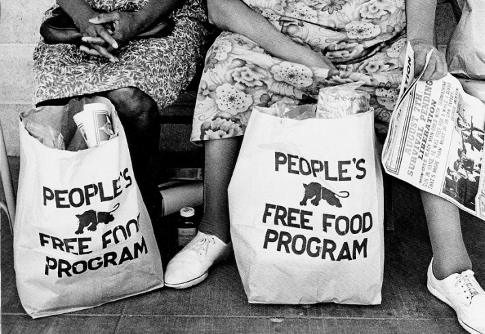
STAY UP TO DATE
GET PATH'S LATEST
Receive bi-weekly updates from the church, and get a heads up on upcoming events.
Contact Us


